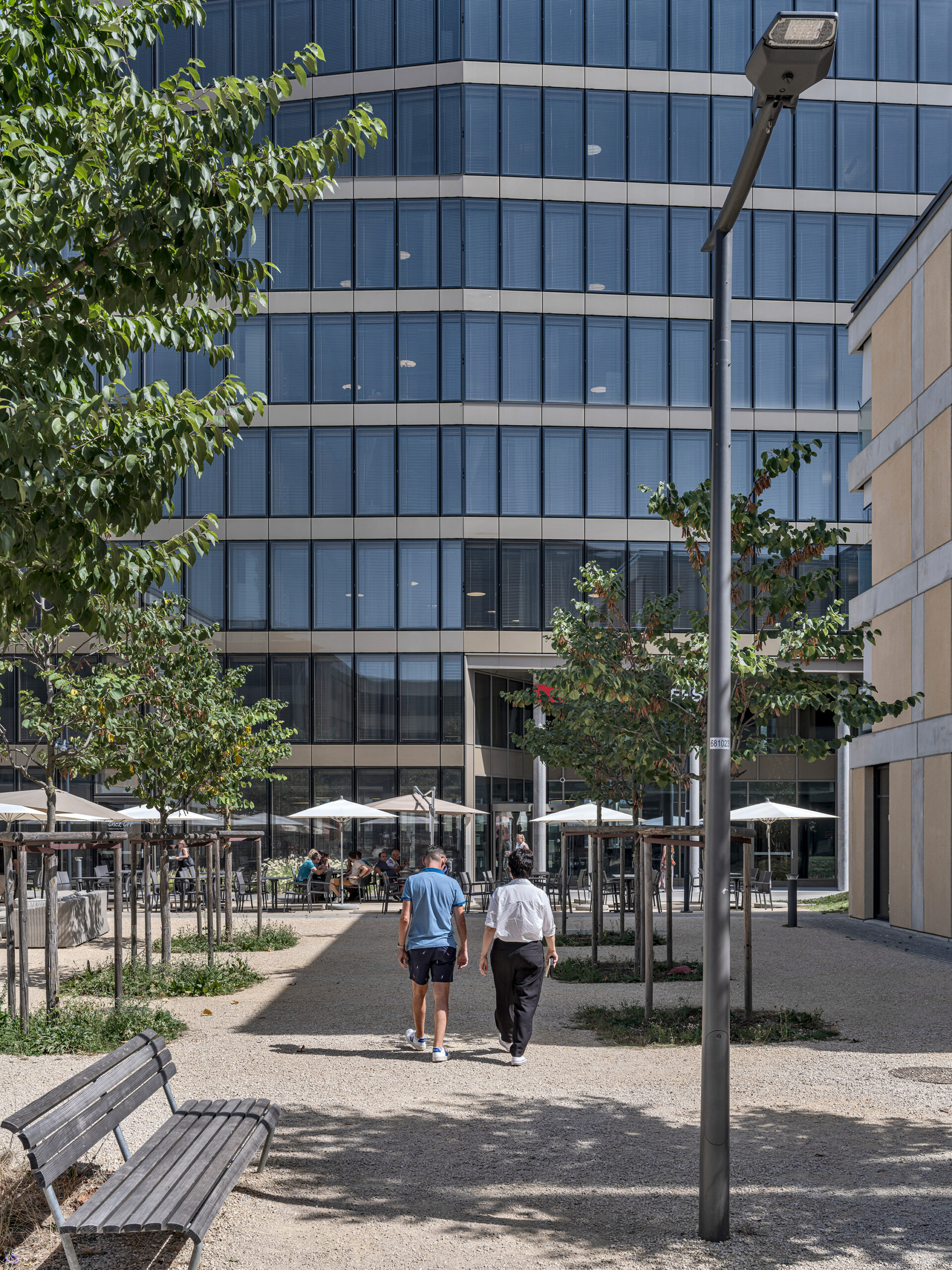- 25 March 2024
- 401 defa okundu.
KCAP Present Neighbourhood Aux Entrepôts in Renens, Lausanne
Aux Entrepôts is a new neighbourhood in Renens, Lausanne, whose masterplan marks the transformation of an industrial rail-side terrain into a contemporary urban pedestrian zone.
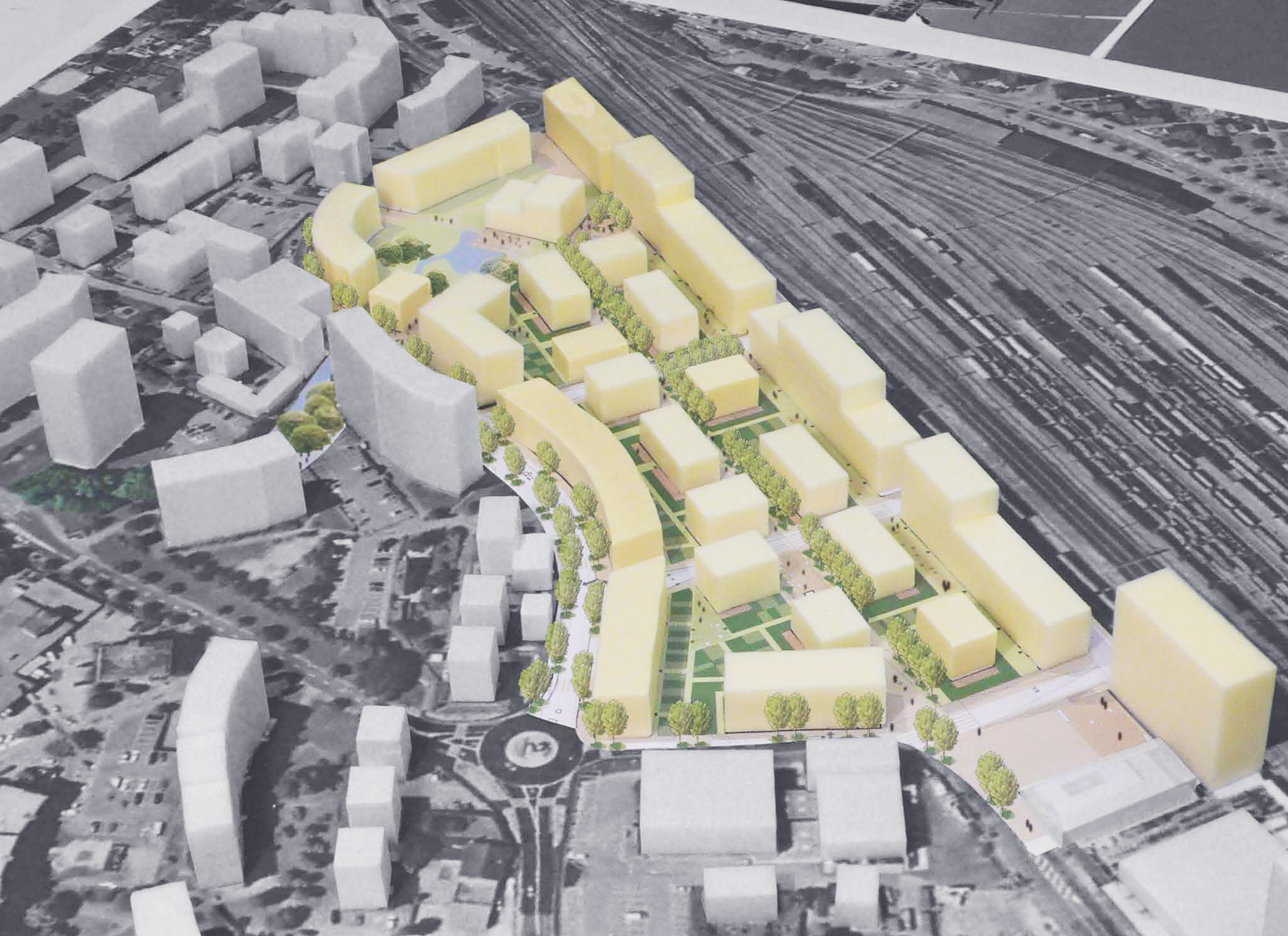
Located about 3 kilometres to the west of Lausanne, on the northern shores of Lake Geneva, is the municipality of Renens; a leafy commuter-suburb.
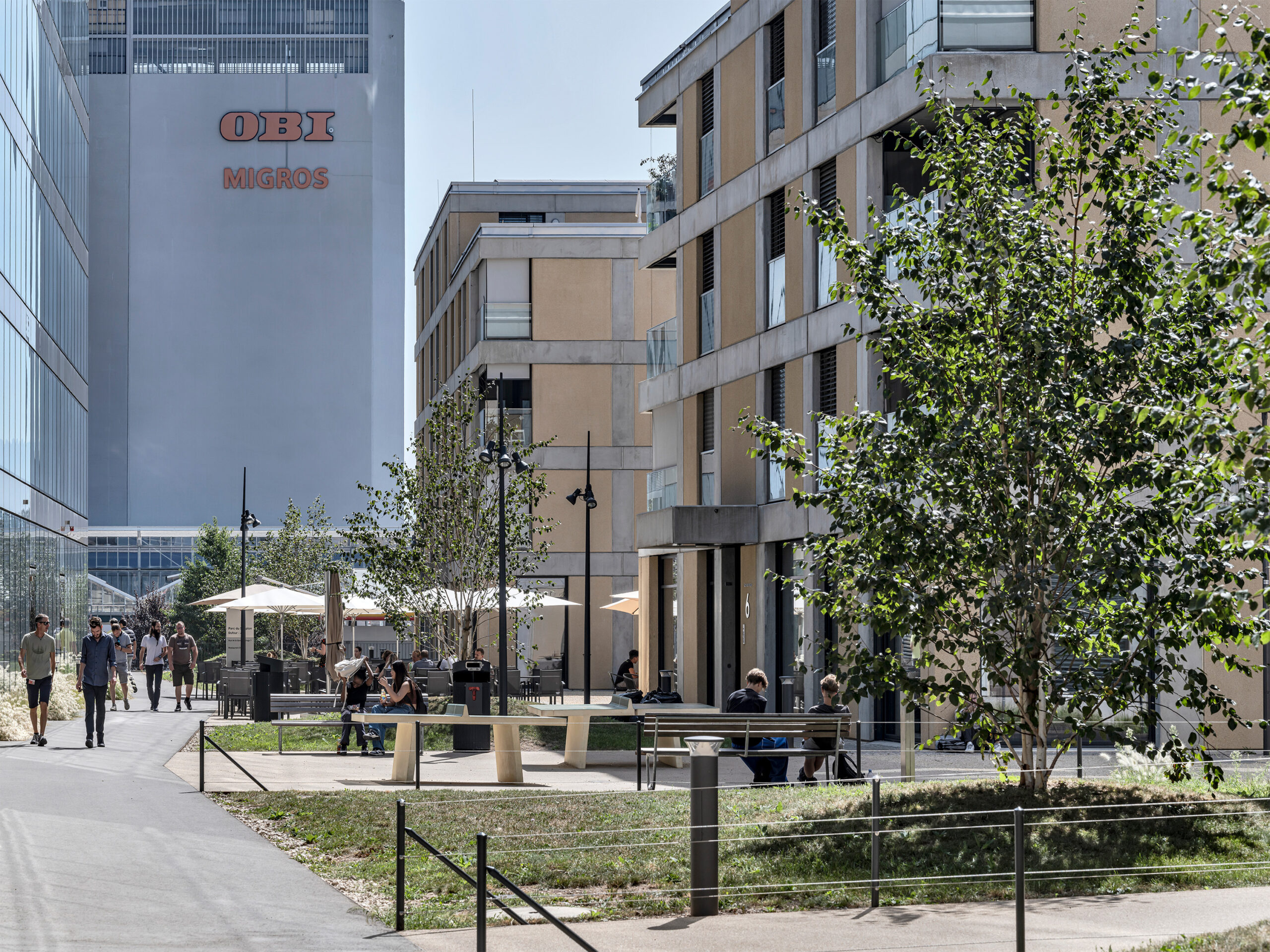
As a direct neighbour to Lausanne, Switzerland’s fourth-largest city, with a population of around 140.000; Renens is seamlessly integrated into an extensive public transportation network of bus, metro, and railway systems, facilitating easy access from Lausanne’s city centre.
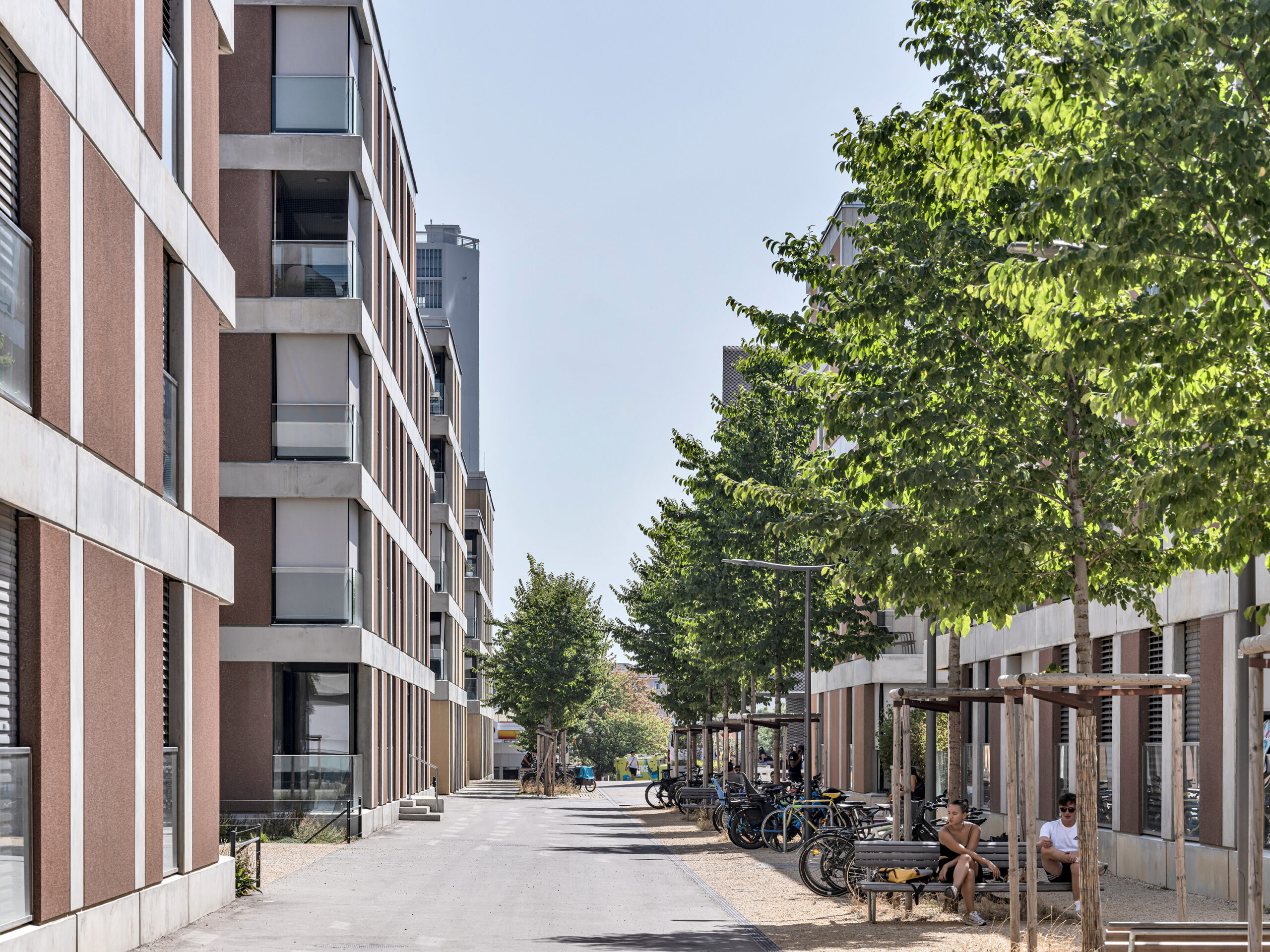
The area is notably the terminus for the city’s east-west metro line, with the main train station of Renens, only a few hundred metres from a once underutilised strip of land.
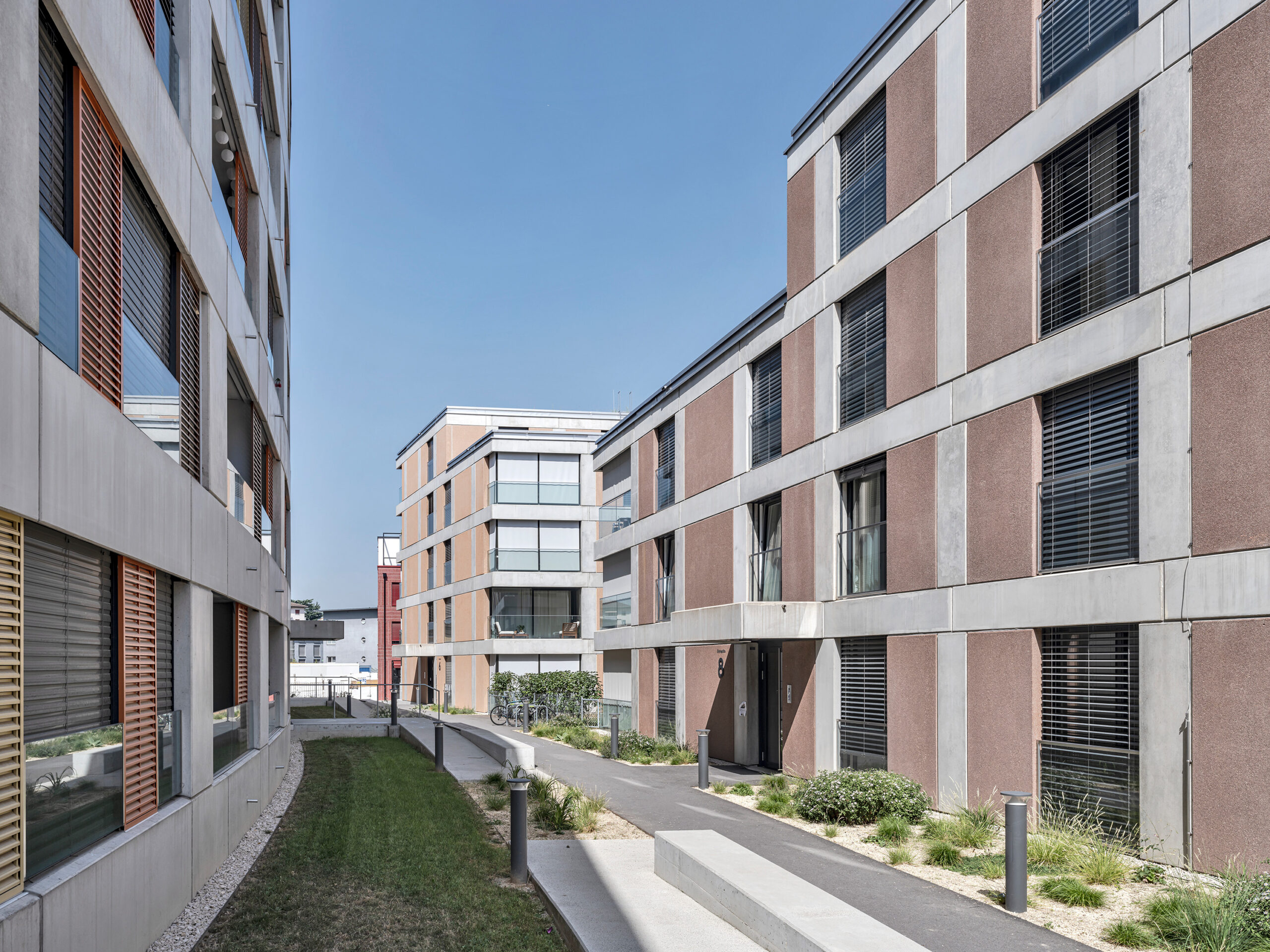
This elongated tract, previously used by the city as a storage area for cargo shipped by trains, has been transformed under the guidance of KCAP into a lively residential and work neighbourhood, rejuvenating a former entrepôts brownfield site.
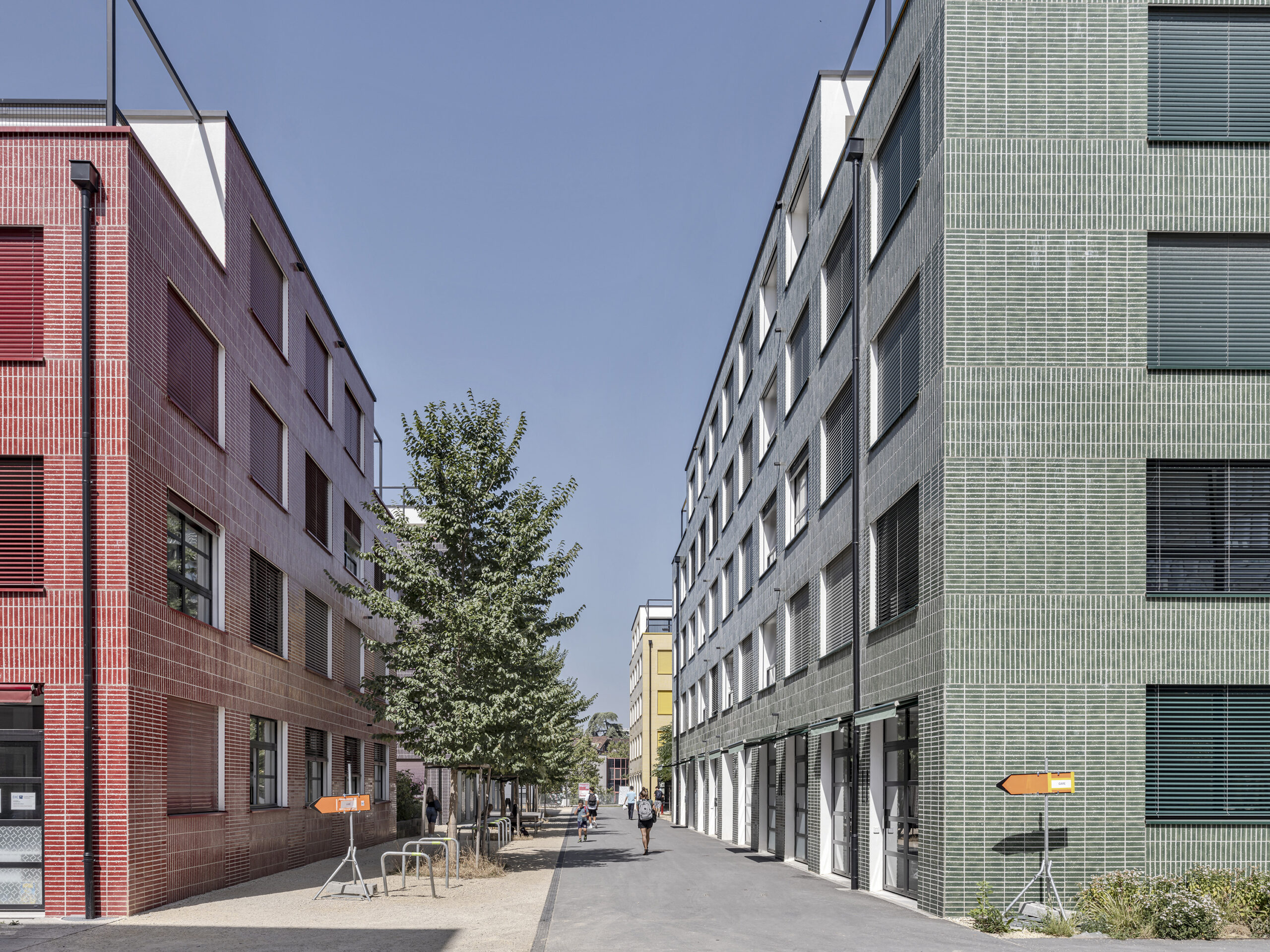
KCAP’s masterplan for the entrepôts area in Renens marks the transformation of an industrial rail-side terrain into a contemporary urban pedestrian zone.
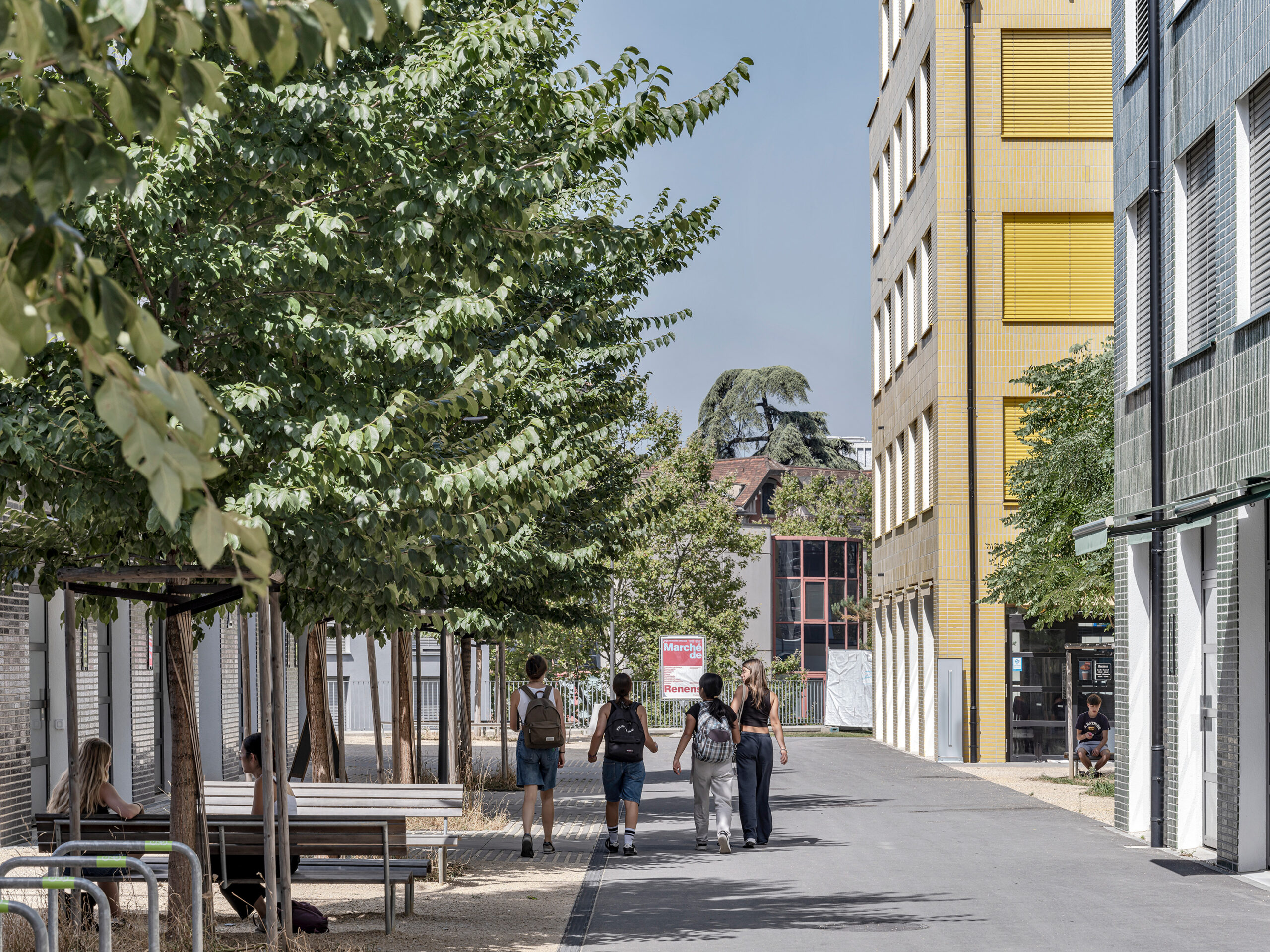
This development harmonises the unique features of the site—such as multiple access points, proximity to mixed-use areas (as housing, shopping and public amenities)—and an engaging urban structure rich in history and unique building typologies, within the existing natural urban landscape.
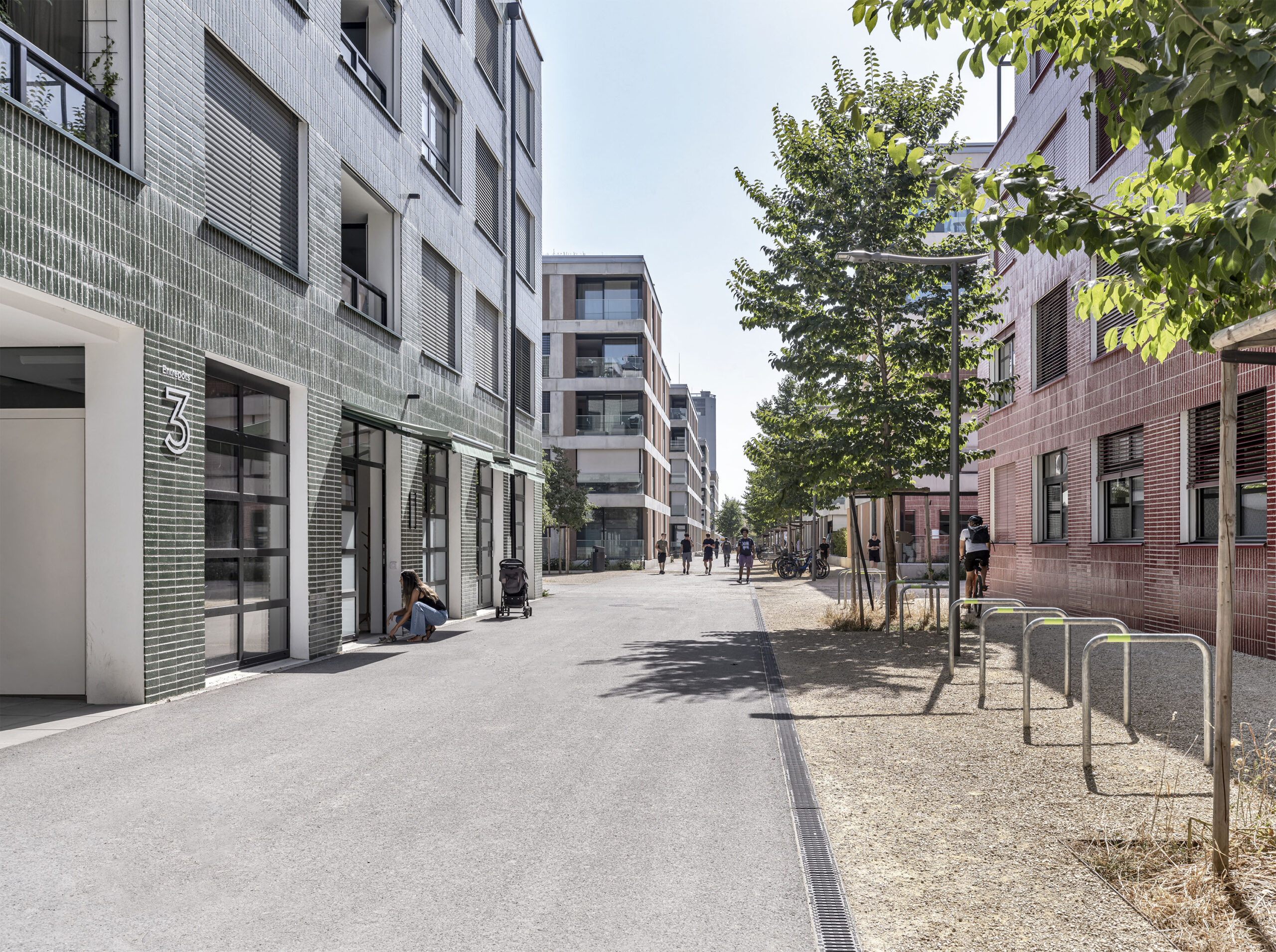
A central element of this masterplan for the gently sloping site, is a generous, vibrant alley running east-west across the territory, dedicated to pedestrian and bicycle use, around which the new urban geography is articulated.
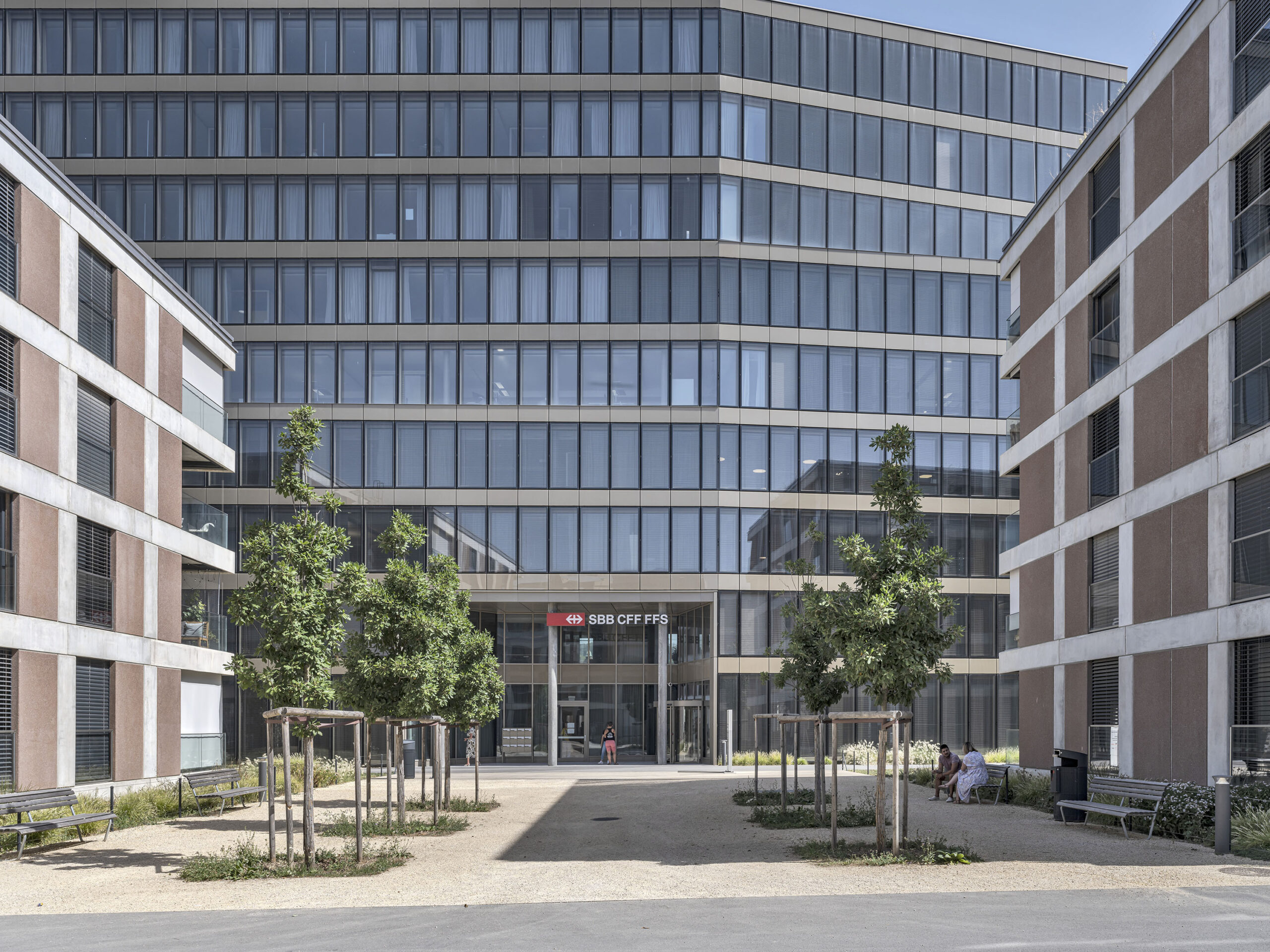
This central axis not only fosters cross-ways connections but also gives rise to diverse public spaces, transforming former north-south warehouse paths into new residential routes.
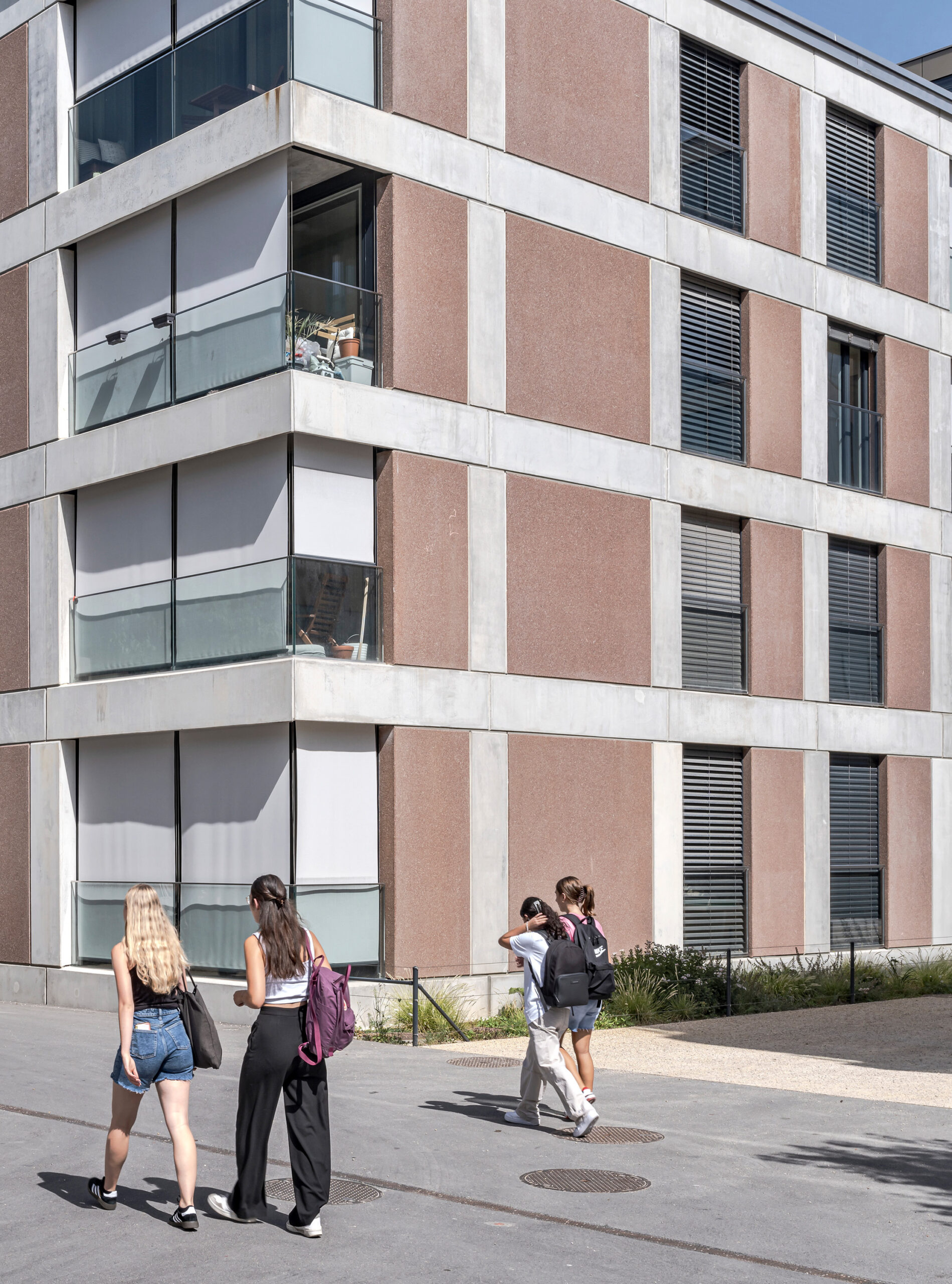
The design integrates the park-promenade along the ‘Mèbre’, extending it over Rue du Simplon towards the railway tracks, enhancing the pedestrian and bicycle network.
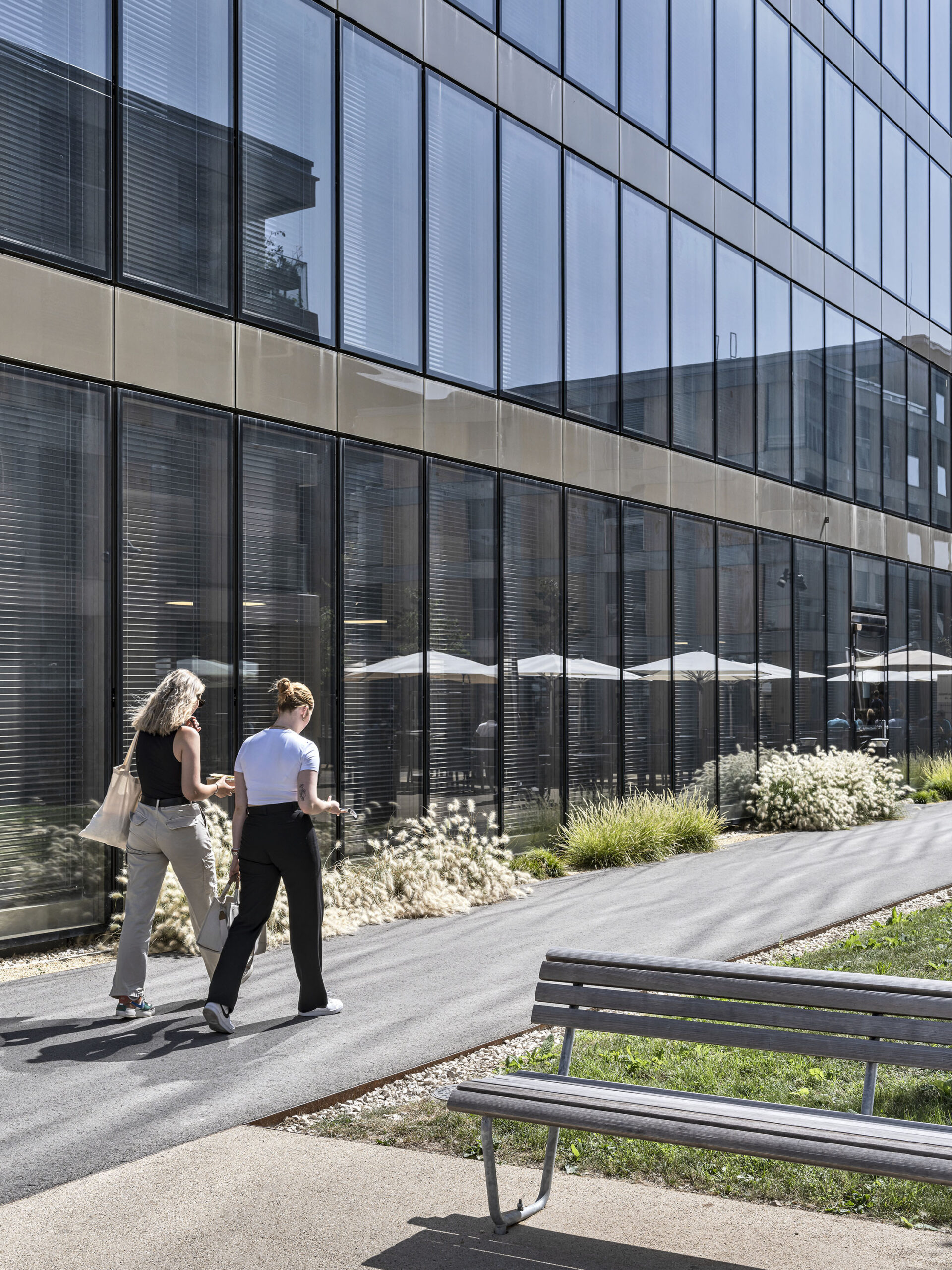
The development’s architecture, with north and south volumes, crafts a nuanced mix of semi-public and private areas, creating an intimate urban village feel centered around this main axis.
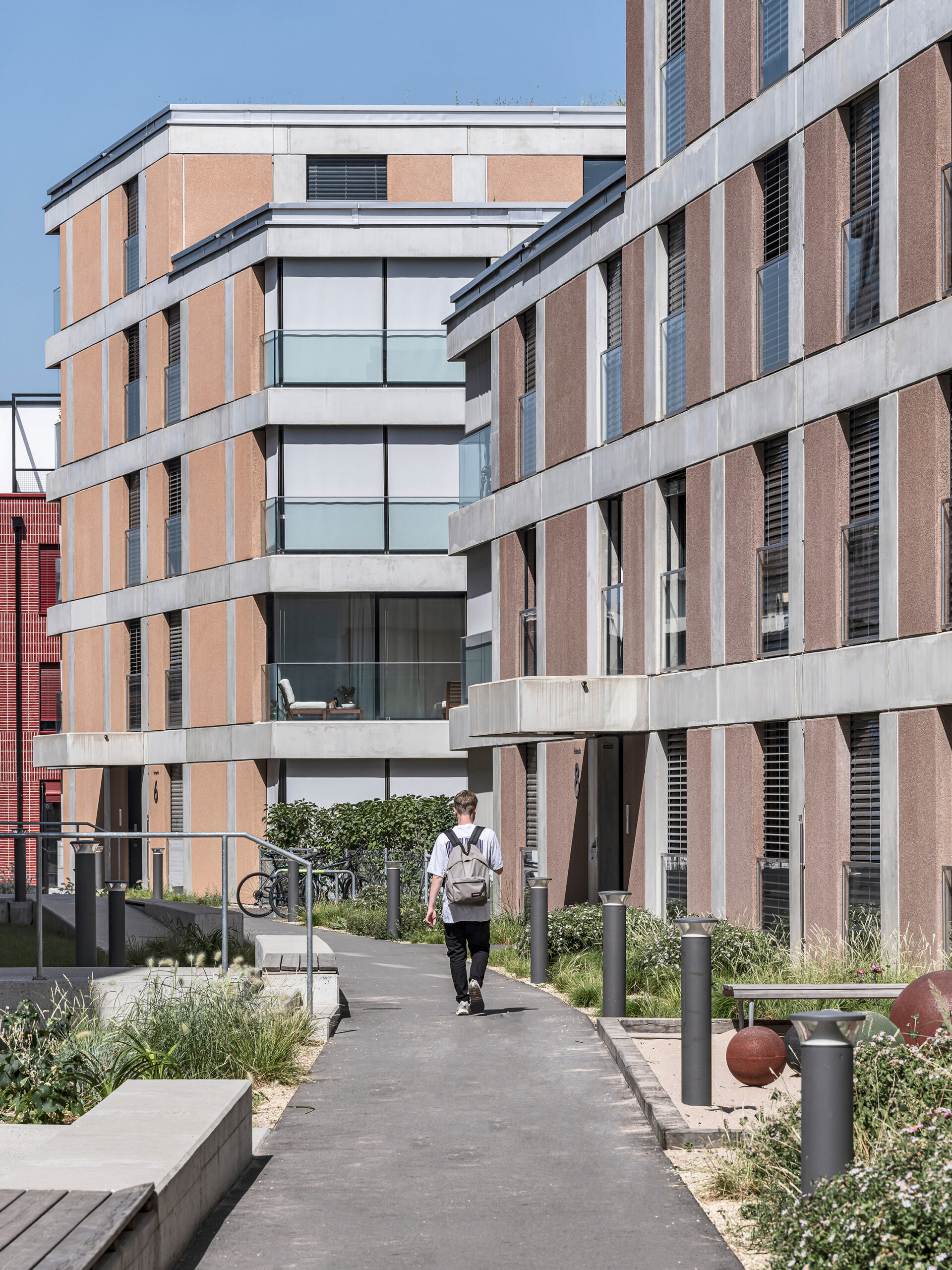
Ground-level housing units feature gardens that extend living spaces outdoors, while residents on higher floors are encouraged to engage with communal garden plots, fostering a sense of community and connection to the immediate area.
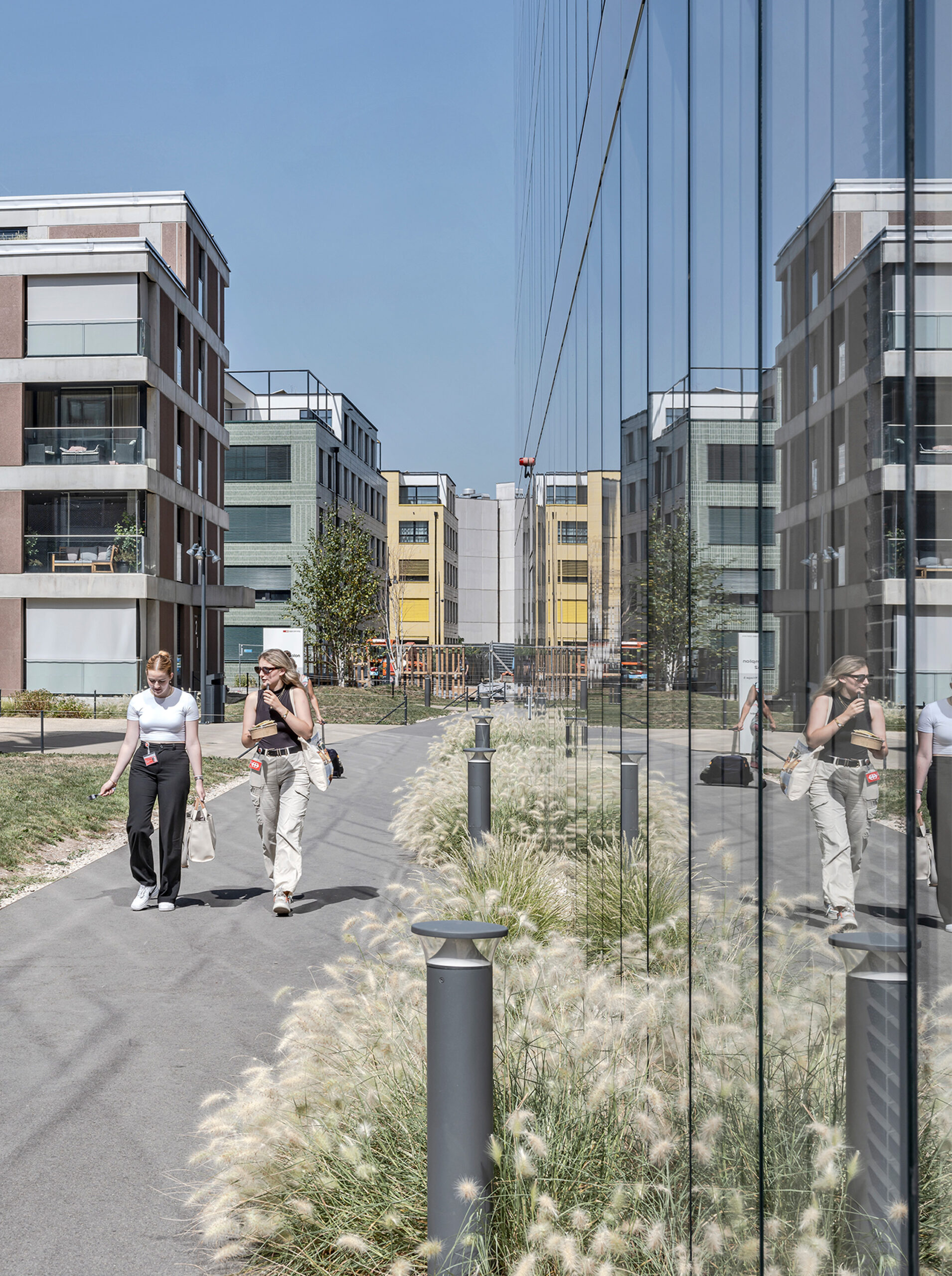
This staggered implementation approach ensured a natural integration of the new development into its surroundings, contributing to the overall urbanity of the area without erasing its historical essence.
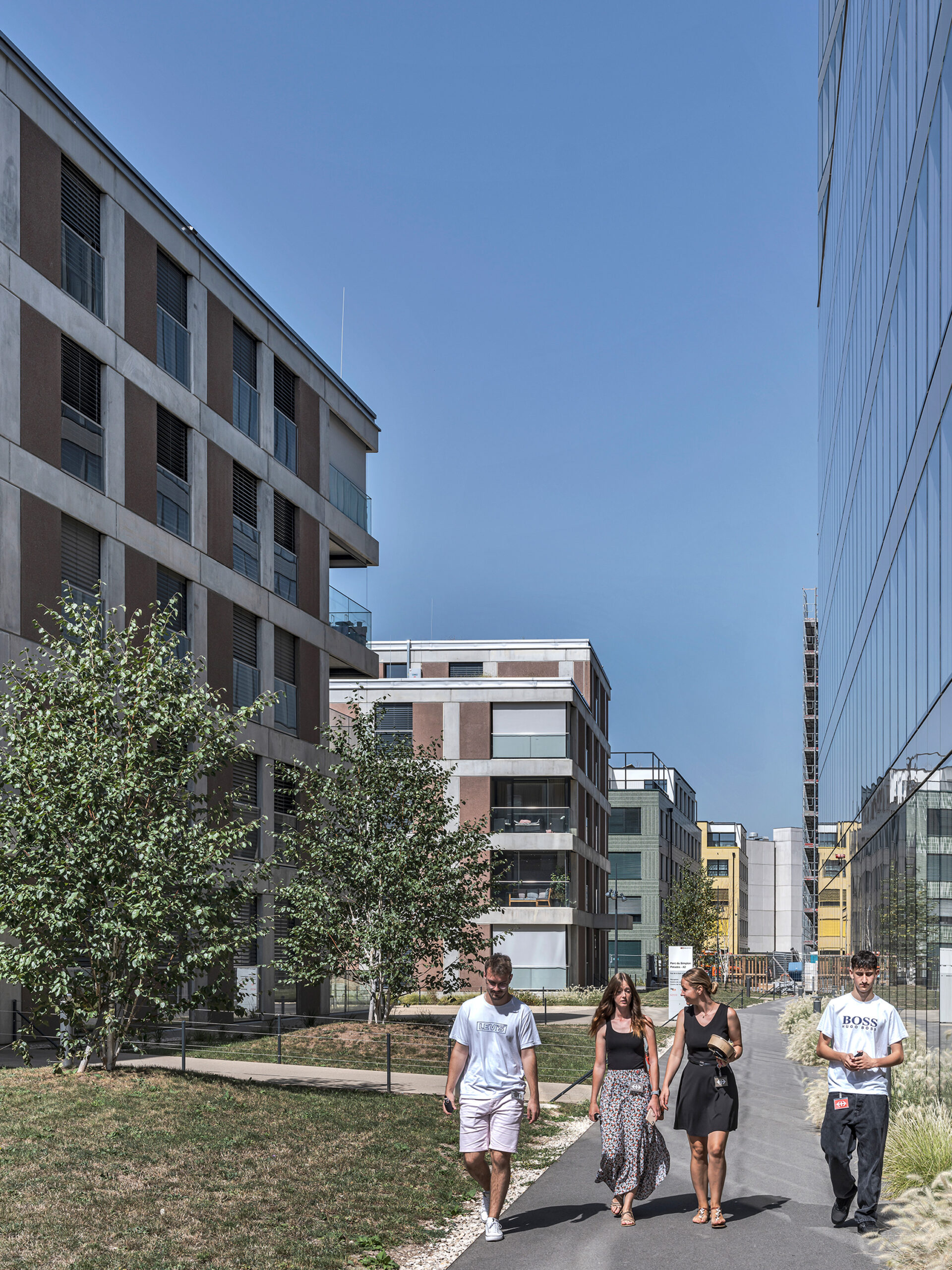
Through careful planning and design, the design for Renens enhances the existing urban fabric by adding new layers of functionality and livability, thereby creating a vibrant, sustainable neighbourhood that respects its industrial past while looking forward, to a dynamic future.
